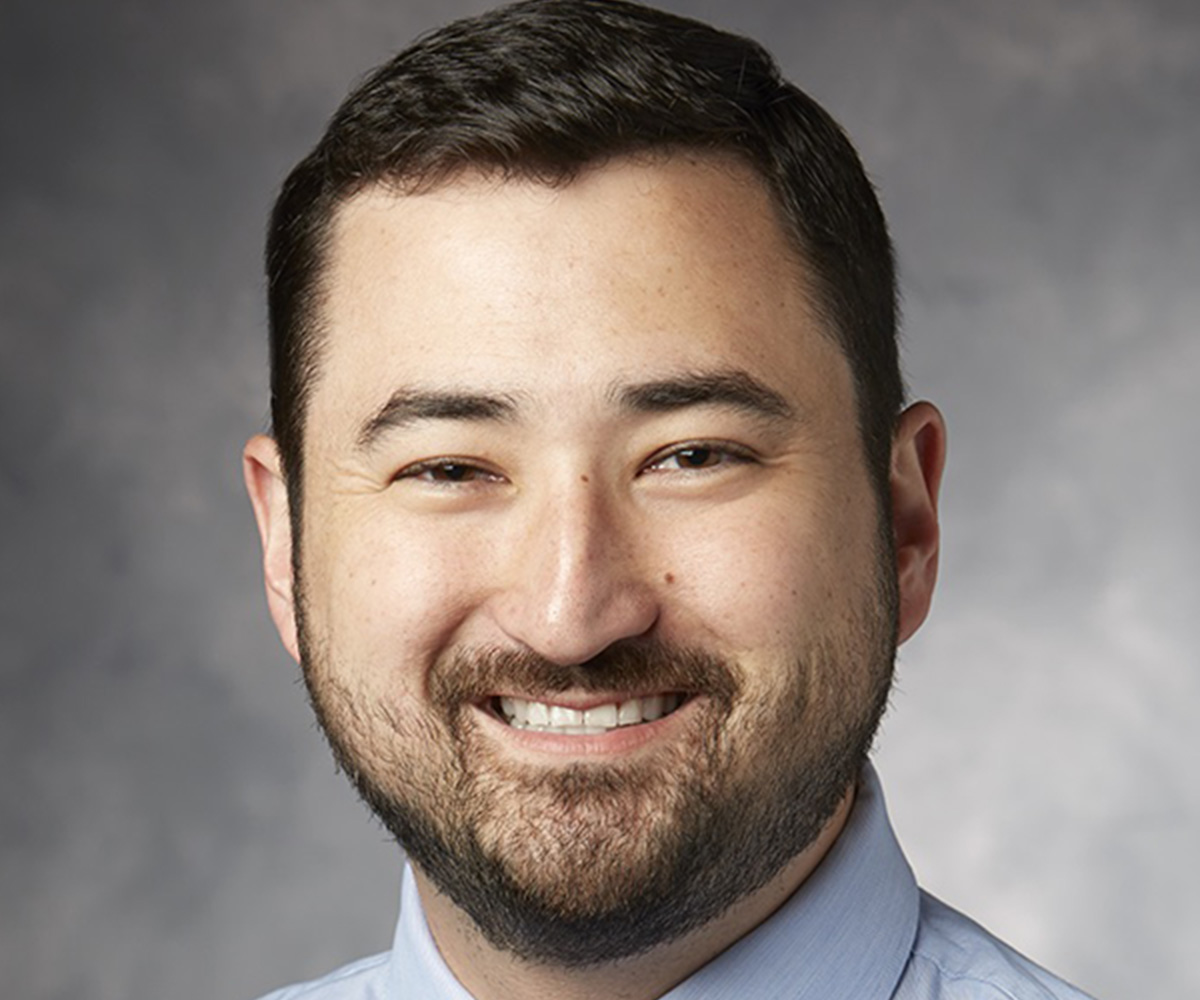

Researchers led by Ludwig Stanford’s Ash Alizadeh and Brian Sworder profiled over 700 longitudinal specimens from two independent cohorts of relapsed/refractory large B cell lymphoma (r/rLBCL) patients treated with CAR-T cells targeting CD-19 to identify determinants of resistance to this therapy. Relapse is seen in roughly half of such patients. The researchers developed a method called STEP to simultaneously profile tumor DNA, CAR-T cell effectors and receptor rearrangements of ordinary T cells in the blood and integrated these profiles to assess treatment failure. They also constructed a multivariate model incorporating these features and used it to predict outcomes. Ash, Brian and colleagues reported in a January paper in Cancer Cell that alterations in multiple classes of genes are associated with treatment resistance, including those affecting B cell identity (PAX5 and IRF8), immune checkpoints (CD274) and the microenvironment (TMEM30A). Somatic tumor alterations influence the efficacy of anti-CD19 CAR-T therapy at multiple levels, including CAR-T cell expansion and persistence and conditions of the tumor microenvironment. They found that the genotype and phenotype of tumors influence the expansion of CAR-T cells, which can in turn shape those characteristics of tumors. The researchers suggest their findings could inform the development of improved and personalized CAR-T cell therapies for LBCL.
Determinants of resistance to engineered T cell therapies targeting CD19 in large B cell lymphomas
Cancer Cell, 2023 January 9